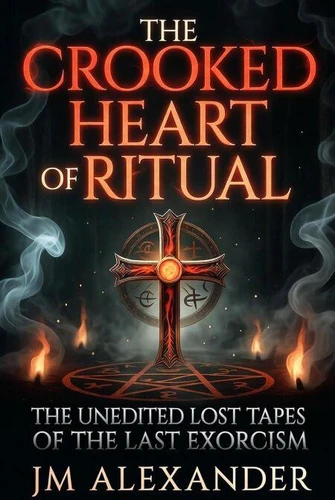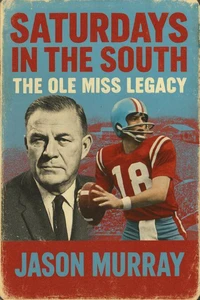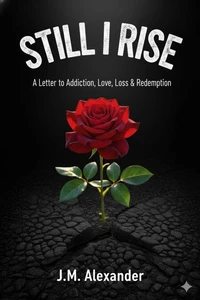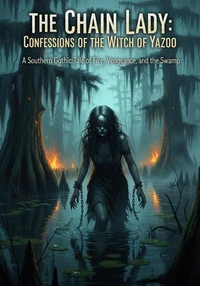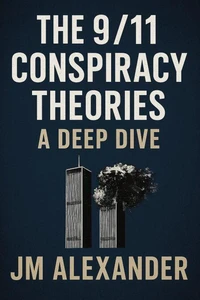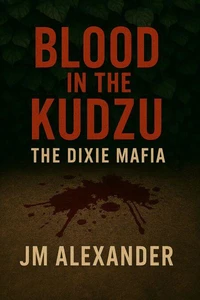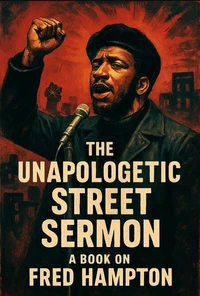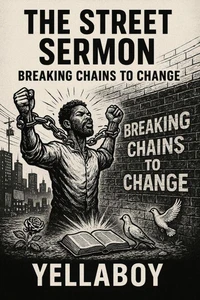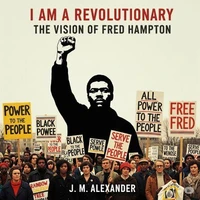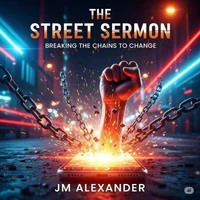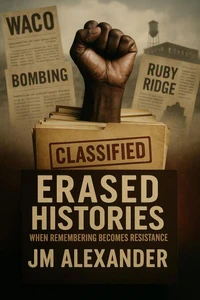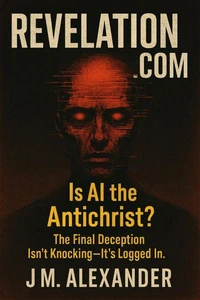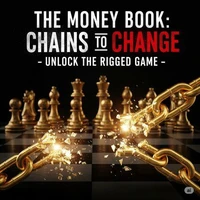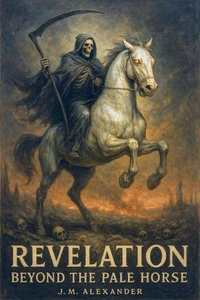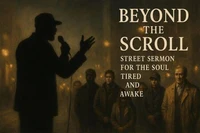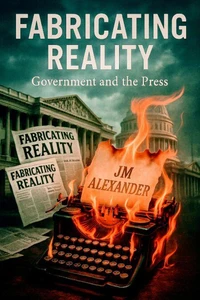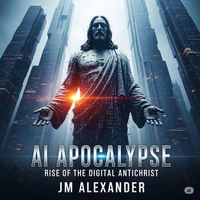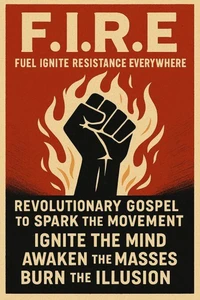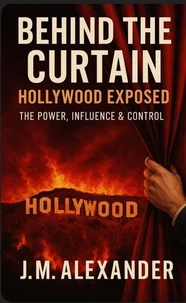Nouveauté
The Crooked Heart of Ritual
Par :Formats :
Disponible dans votre compte client Decitre ou Furet du Nord dès validation de votre commande. Le format ePub est :
- Compatible avec une lecture sur My Vivlio (smartphone, tablette, ordinateur)
- Compatible avec une lecture sur liseuses Vivlio
- Pour les liseuses autres que Vivlio, vous devez utiliser le logiciel Adobe Digital Edition. Non compatible avec la lecture sur les liseuses Kindle, Remarkable et Sony
 , qui est-ce ?
, qui est-ce ?Notre partenaire de plateforme de lecture numérique où vous retrouverez l'ensemble de vos ebooks gratuitement
Pour en savoir plus sur nos ebooks, consultez notre aide en ligne ici
- FormatePub
- ISBN8232490744
- EAN9798232490744
- Date de parution02/11/2025
- Protection num.pas de protection
- Infos supplémentairesepub
- ÉditeurHamza elmir
Résumé
Father Elias is a brilliant, skeptical priest armed with a post-structuralist education and a firm belief in psychology. He sets out to interview the Church's most celebrated exorcist, Father Thomas Coyle, intending to "deconstruct the legend" and expose the rite as a form of "social engineering". He believes the demon is merely a "psychological scapegoat" or a "metaphor for the human mind". ?But the interview, recorded on an old reel-to-reel machine, quickly becomes a "document of collision".
Father Coyle, a "weary warrior" hollowed out by his experiences, recounts his most disturbing cases-irreducible phenomena from Manila, the American South, and London that defy all logical categorization. He describes his enemy not as trauma, but as a "customized, surgical intelligence" with "malice". ?As Coyle unburdens his "painful, exhausting knowledge", the interview frame shatters. Elias's academic certainty crashes against the "raw, terrifying fact of the monster", leading to a complete philosophical collapse [cite_start]and a final, horrifying confrontation where the skeptic must face the evil he dismissed as myth [cite: 719-721].
Father Coyle, a "weary warrior" hollowed out by his experiences, recounts his most disturbing cases-irreducible phenomena from Manila, the American South, and London that defy all logical categorization. He describes his enemy not as trauma, but as a "customized, surgical intelligence" with "malice". ?As Coyle unburdens his "painful, exhausting knowledge", the interview frame shatters. Elias's academic certainty crashes against the "raw, terrifying fact of the monster", leading to a complete philosophical collapse [cite_start]and a final, horrifying confrontation where the skeptic must face the evil he dismissed as myth [cite: 719-721].
Father Elias is a brilliant, skeptical priest armed with a post-structuralist education and a firm belief in psychology. He sets out to interview the Church's most celebrated exorcist, Father Thomas Coyle, intending to "deconstruct the legend" and expose the rite as a form of "social engineering". He believes the demon is merely a "psychological scapegoat" or a "metaphor for the human mind". ?But the interview, recorded on an old reel-to-reel machine, quickly becomes a "document of collision".
Father Coyle, a "weary warrior" hollowed out by his experiences, recounts his most disturbing cases-irreducible phenomena from Manila, the American South, and London that defy all logical categorization. He describes his enemy not as trauma, but as a "customized, surgical intelligence" with "malice". ?As Coyle unburdens his "painful, exhausting knowledge", the interview frame shatters. Elias's academic certainty crashes against the "raw, terrifying fact of the monster", leading to a complete philosophical collapse [cite_start]and a final, horrifying confrontation where the skeptic must face the evil he dismissed as myth [cite: 719-721].
Father Coyle, a "weary warrior" hollowed out by his experiences, recounts his most disturbing cases-irreducible phenomena from Manila, the American South, and London that defy all logical categorization. He describes his enemy not as trauma, but as a "customized, surgical intelligence" with "malice". ?As Coyle unburdens his "painful, exhausting knowledge", the interview frame shatters. Elias's academic certainty crashes against the "raw, terrifying fact of the monster", leading to a complete philosophical collapse [cite_start]and a final, horrifying confrontation where the skeptic must face the evil he dismissed as myth [cite: 719-721].

